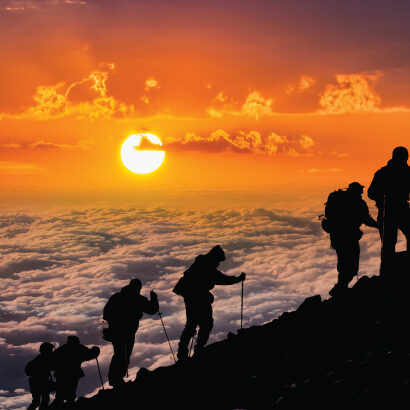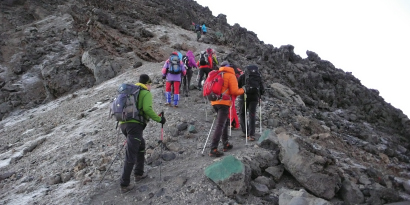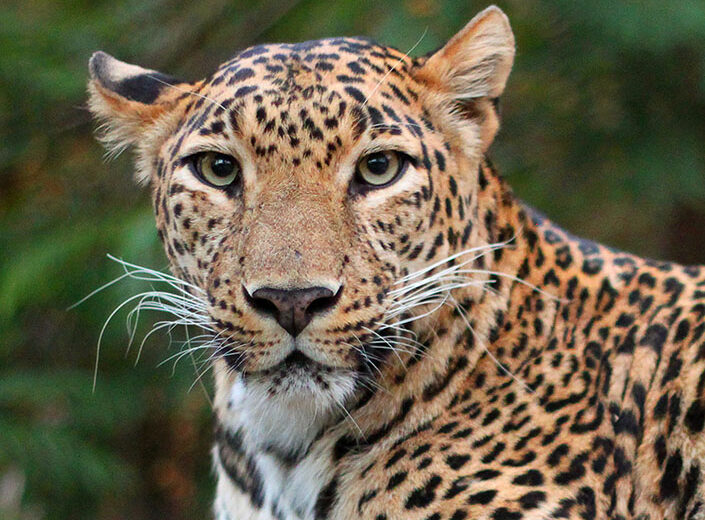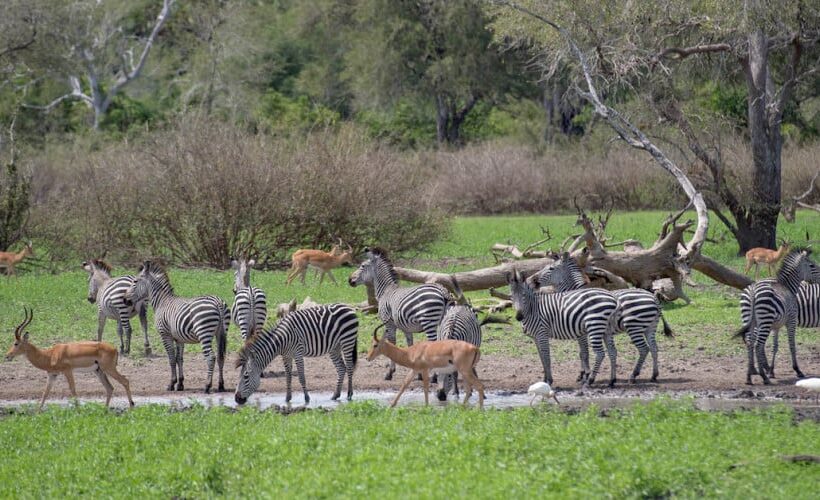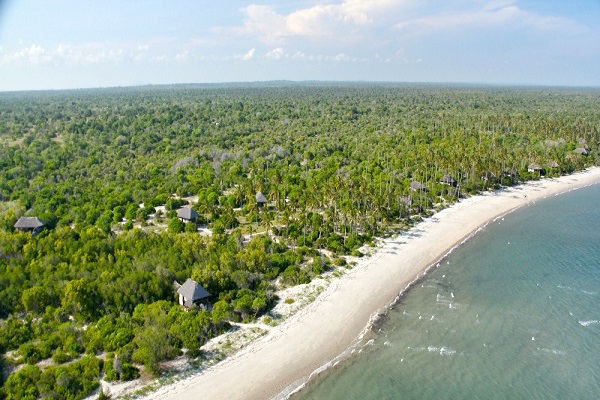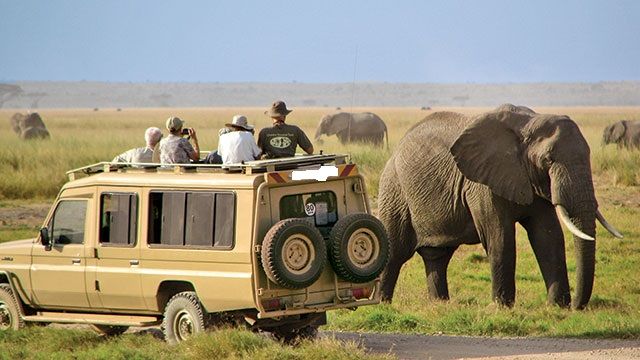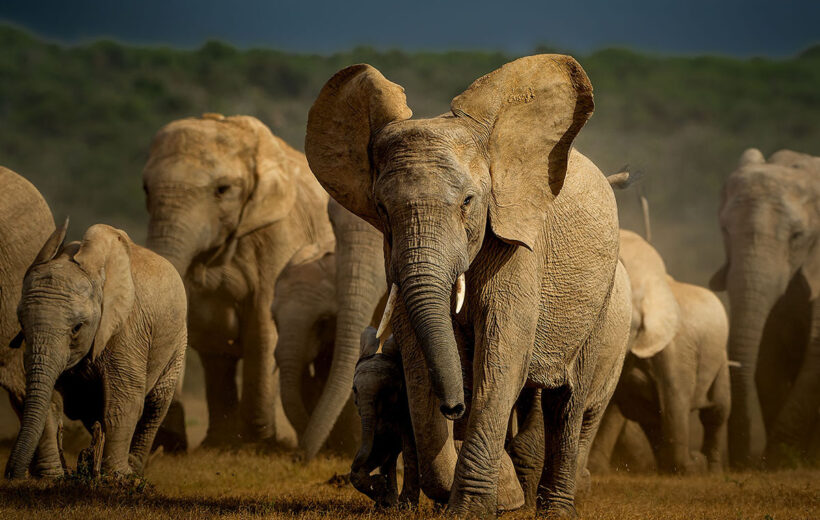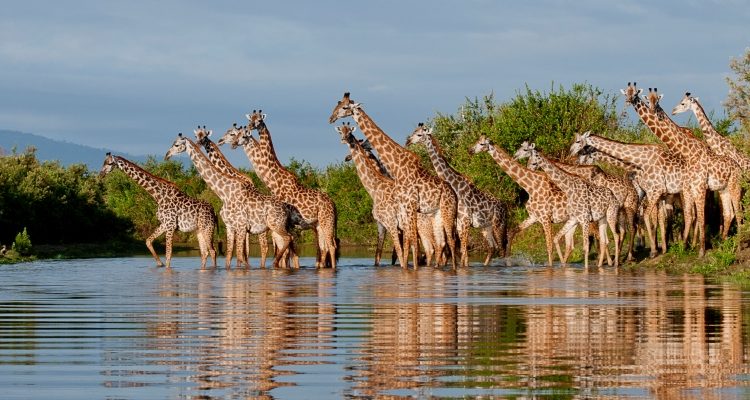Maasai Village
Maasai Village
The Maasai people are an indigenous ethnic group primarily residing in Tanzania and Kenya, known for their distinctive culture, traditions, and way of life. Visiting a Maasai village in Tanzania offers a unique opportunity to immerse oneself in their rich heritage and learn about their customs firsthand.

Key features of Maasai Village
-
-
Key features of a Maasai village include:
-
Manyattas: Traditional Maasai homes made of mud, sticks, grass, and cow dung, showcasing the community's architectural style and adaptation to their environment.
-
Nomadic Lifestyle: Historically, the Maasai were semi-nomadic, moving their cattle herds in search of grazing land and water sources. While some aspects have changed, their pastoralist way of life remains central to their identity.
-
Colorful Attire and Adornments: The Maasai are known for their distinct clothing adorned with intricate beadwork, vibrant colors, and accessories that hold cultural significance, reflecting their identity and traditions.
-
Cattle Herding and Livelihood: Cattle play a crucial role in Maasai life, symbolizing wealth and status. The Maasai traditionally measure their wealth by the number of cattle they own.
-
Cultural Ceremonies and Traditions: Initiation rites, warriorhood rituals, and ceremonies like the Eunoto and Enkipaata are significant milestones in Maasai life, showcasing their cultural heritage and traditions.
-
Strong Community Bonds: The Maasai place high value on communal living and have well-defined social structures. They maintain close-knit relationships within their community.
-
Traditional Medicinal Practices: Maasai have a wealth of traditional knowledge on herbal medicine, using local plants for healing purposes, passed down through generations.
-
Cultural Preservation Efforts: Despite modern influences, many Maasai communities strive to preserve their cultural heritage, customs, and way of life, balancing tradition with aspects of the contemporary world.
-
Livelihood Diversification: While cattle herding remains vital, some Maasai have embraced alternative livelihoods, such as eco-tourism, guiding, and selling crafts, to adapt to changing times.
These key features encapsulate the essence of Maasai villages, showcasing their rich cultural heritage, traditional lifestyle, and close connection to their land and livestock.
-
-
Best Time to Visit
A Maasai village offers an immersive and captivating experience into the unique culture, traditions, and lifestyle of the Maasai people, an indigenous ethnic group primarily located in Tanzania and Kenya. Here’s an overview:
Cultural Richness:
-
Traditional Dwellings (Manyattas): Maasai villages are often characterized by their traditional homes made from locally available materials such as mud, sticks, grass, and cow dung. These structures reflect the Maasai’s architectural style and nomadic heritage.
-
Vibrant Attire and Adornments: The Maasai are known for their colorful clothing adorned with intricate beadwork and jewelry. Each bead color and pattern holds cultural significance, and their attire is a distinctive symbol of their identity.
-
Cattle Herding: Cattle are central to the Maasai way of life. The Maasai traditionally measure wealth by their cattle holdings, and herding remains an integral part of their livelihood and cultural identity.
-
Ceremonies and Rituals: Maasai villages are places where age-old ceremonies and rituals, such as initiation rites, warriorhood rituals, and traditional dances, are practiced. These ceremonies mark significant life events and uphold the community’s traditions.
-
Cultural Practices and Traditions: Visitors to a Maasai village can witness and participate in various cultural activities, including fire-making, beadwork demonstrations, and cultural performances, offering insights into the Maasai way of life.
Community Interaction:
-
Hospitality and Welcoming Atmosphere: Visitors are often greeted warmly with traditional songs and dances. They have the opportunity to engage with Maasai villagers, learn about their customs, and gain firsthand knowledge of their daily routines.
-
Crafts and Artisanal Work: Maasai villages offer a chance to purchase authentic handmade crafts, beadwork, jewelry, and artifacts directly from the artisans, supporting the local community’s economic activities.
Visiting a Maasai village presents an array of engaging activities that offer insight into the culture, traditions, and lifestyle of the Maasai people. Here are several things to do when visiting a Maasai village:
-
Traditional Welcome Ceremony: Experience a warm and traditional Maasai welcome ceremony with songs, dances, and vibrant performances by Maasai villagers, showcasing their rich cultural heritage.
-
Interactive Cultural Demonstrations: Engage in hands-on activities such as learning beadwork, traditional fire-making techniques, spear throwing, or milking ceremonies, guided by Maasai community members.
-
Explore the Manyattas: Enter the traditional Maasai homes, known as manyattas, and observe their construction, layout, and functionality. Learn about the materials used and their significance in Maasai daily life.
-
Meet and Interact with Locals: Engage in conversations with Maasai villagers, facilitated by guides or translators. Learn about their customs, family structures, and daily routines, gaining insights into their way of life.
-
Participate in Traditional Celebrations: If visiting during ceremonial events or rituals like initiation ceremonies or celebrations, respectfully observe or participate if invited, providing a deeper understanding of Maasai traditions.
-
Craft and Jewelry Shopping: Purchase authentic handmade crafts, beadwork, jewelry, and traditional artifacts directly from Maasai artisans. This supports the local community’s livelihood while acquiring unique souvenirs.
-
Enjoy Cultural Performances: Watch captivating traditional dances, songs, and storytelling performances that depict Maasai folklore, legends, and historical narratives passed down through generations.
-
Learn About Traditional Medicine: Gain insight into Maasai healing practices and medicinal herbs used in traditional medicine. Discover the Maasai’s extensive knowledge of natural remedies and their healing properties.
-
Experience Daily Activities: Join Maasai villagers in their daily routines, such as herding cattle, fetching water, or preparing traditional meals, offering a glimpse into their customary way of life.
-
Respectful Observance of Customs: Be respectful of cultural norms and traditions, seeking permission before taking photographs, and following guidance provided by local hosts or guides.
Visiting a Maasai village offers an immersive and educational experience, fostering cultural understanding and appreciation for the unique heritage of the Maasai people.
Experiencing the culture in a Maasai village offers a deep dive into the traditions, customs, and way of life of this remarkable ethnic group. Here’s an overview of the cultural experiences one can encounter in a Maasai village:
Warm Welcome and Traditional Greetings: Upon arrival, visitors are often greeted with a warm and vibrant welcome ceremony. The Maasai people showcase their hospitality through traditional songs, dances, and chants. This cultural immersion creates an immediate sense of inclusivity and community spirit.
Engaging in Traditional Ceremonies and Rituals: Participation in significant ceremonies and rituals provides an intimate glimpse into Maasai culture. Visitors might have the opportunity to witness rituals like the Eunoto (warrior coming-of-age ceremony), Enkipaata (celebration of young warriors), or other important events that mark key stages in the community’s life.
Interactive Demonstrations of Maasai Traditions: The Maasai villagers often offer interactive demonstrations of their age-old traditions. Visitors can engage in activities such as beadwork, learning about the symbolism behind bead colors, trying their hand at traditional fire-making methods, or witnessing the art of crafting Maasai spears.
Exploration of Manyattas (Traditional Homes): Visitors can explore the Maasai homes, known as manyattas, gaining insight into their construction, layout, and functionality. Learning about the materials used and the roles within the household offers a deeper understanding of Maasai family life.
Cultural Performances and Storytelling: Maasai villagers often perform captivating traditional dances and songs that reflect their cultural heritage. Storytelling sessions, sharing folklore, myths, and legends, convey the history and values intrinsic to the Maasai identity.
Understanding Livelihood and Daily Activities: Engaging in daily activities alongside Maasai villagers, such as herding cattle, milking cows, or fetching water, allows visitors to grasp the significance of these activities in Maasai life and their connection to the land and livestock.
Learning about Traditional Medicine and Healing Practices: Discovering the Maasai’s knowledge of herbal medicine, natural remedies, and healing practices provides insights into their traditional healthcare system, showcasing their deep connection with nature.
Respect and Cultural Sensitivity: Throughout these cultural experiences, visitors are encouraged to show respect for Maasai customs, seeking permission before taking photographs and honoring cultural norms guided by local hosts or guides.
A cultural experience in a Maasai village offers an authentic and immersive journey, fostering an appreciation for the Maasai’s heritage, values, and way of life, leaving visitors with cherished memories and a deeper understanding of this vibrant culture.




